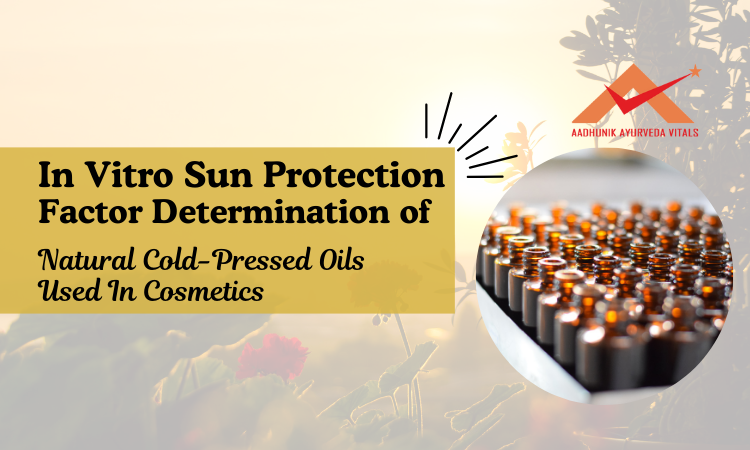
In Vitro Sun Protection Factor Determination of Natural Cold-Pressed Oils Used In Cosmetics
In Vitro Sun Protection Factor Determination of Natural Cold-Pressed Oils Used In Cosmetics | Understanding Sun Protection Factor (SPF) | Cold Pressed Oils For Sun Protection | Benefits of Cold Pressed Oils in Sun Protection | Volatile vs. Non-Volatile Oils | Density, Volatility, and Nutrients Impact SPF in Oils|Sun protection is a crucial aspect of skincare, particularly with the increasing awareness of harmful UV radiation. While synthetic sunscreens are widely used, many people are exploring natural sunscreen alternatives like cold-pressed oils with SPF as a more holistic and non-toxic SPF for skincare option. In vitro studies have shown that certain natural sun protection oils possess sun protection factor (SPF) properties, offering mild to moderate defense against UV rays.
Among these, carrot seed oil, coconut oil, wheatgerm oil, almond oil, mustard oil, and sesame oil stand out for their unique characteristics and potential benefits in sun care formulations.This blog explores the in vitro SPF testing of natural cold-pressed oils, focusing on their use in chemical-free SPF oils for cosmetic applications.
Understanding Sun Protection Factor (SPF)
The Sun Protection Factor (SPF) measures the effectiveness of a sunscreen product in protecting the skin from UVB rays, which are responsible for sunburn and skin damage. The higher the SPF value, the greater the protection. In vitro SPF determination is a widely followed and cost-effective laboratory method to evaluate the UV absorption capacity of both oils and sunscreen products. Spectrophotometric analysis is used to calculate the SPF, offering insight into the natural SPF in oils and their photoprotective properties.
Key Points:
- SPF indicates how well a product protects against UVB rays.
- Higher SPF values offer better sun protection.
- In vitro methods provide a quick and safe way to determine SPF.
Cold Pressed Oils For Sun Protection
Cold-pressed oils are extracted without heat, preserving their natural nutrients, antioxidants, and fatty acids. These oils, including almond oil, mustard oil, and sesame oil, are often used in cosmetics for their emollient and protective properties. Their ability to form a barrier on the skin helps in minimizing UV damage, while their antioxidant content fights free radicals.
Key Points:
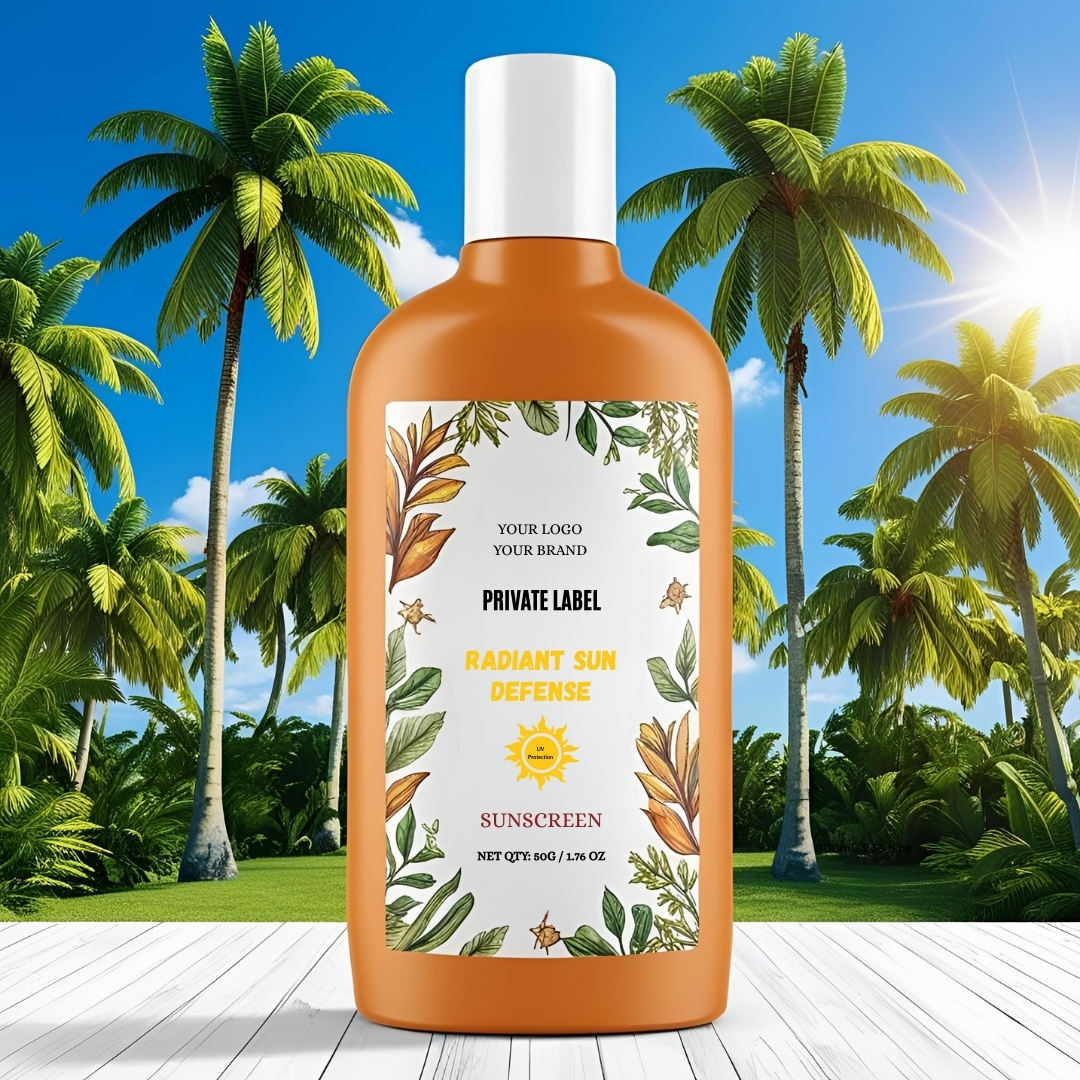
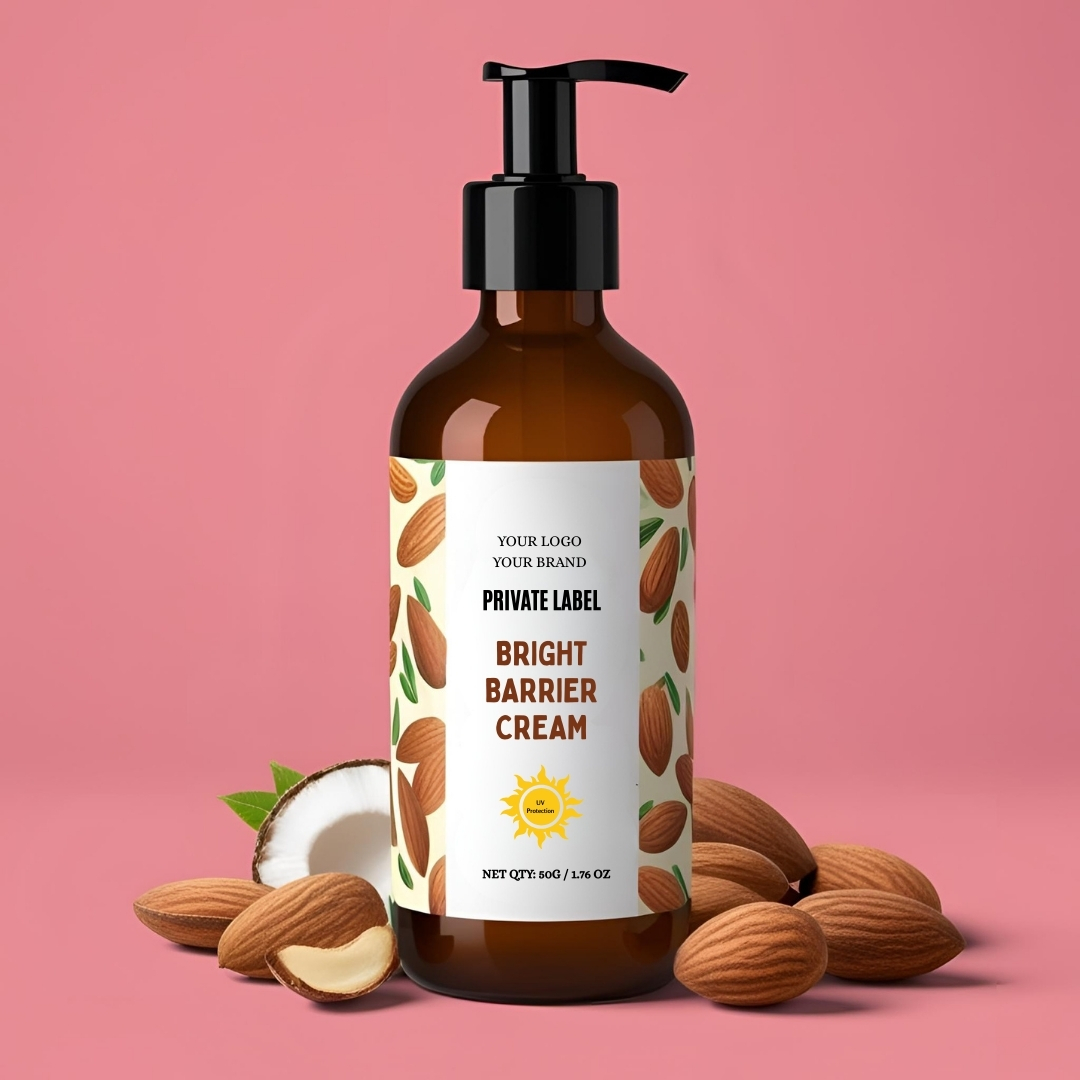
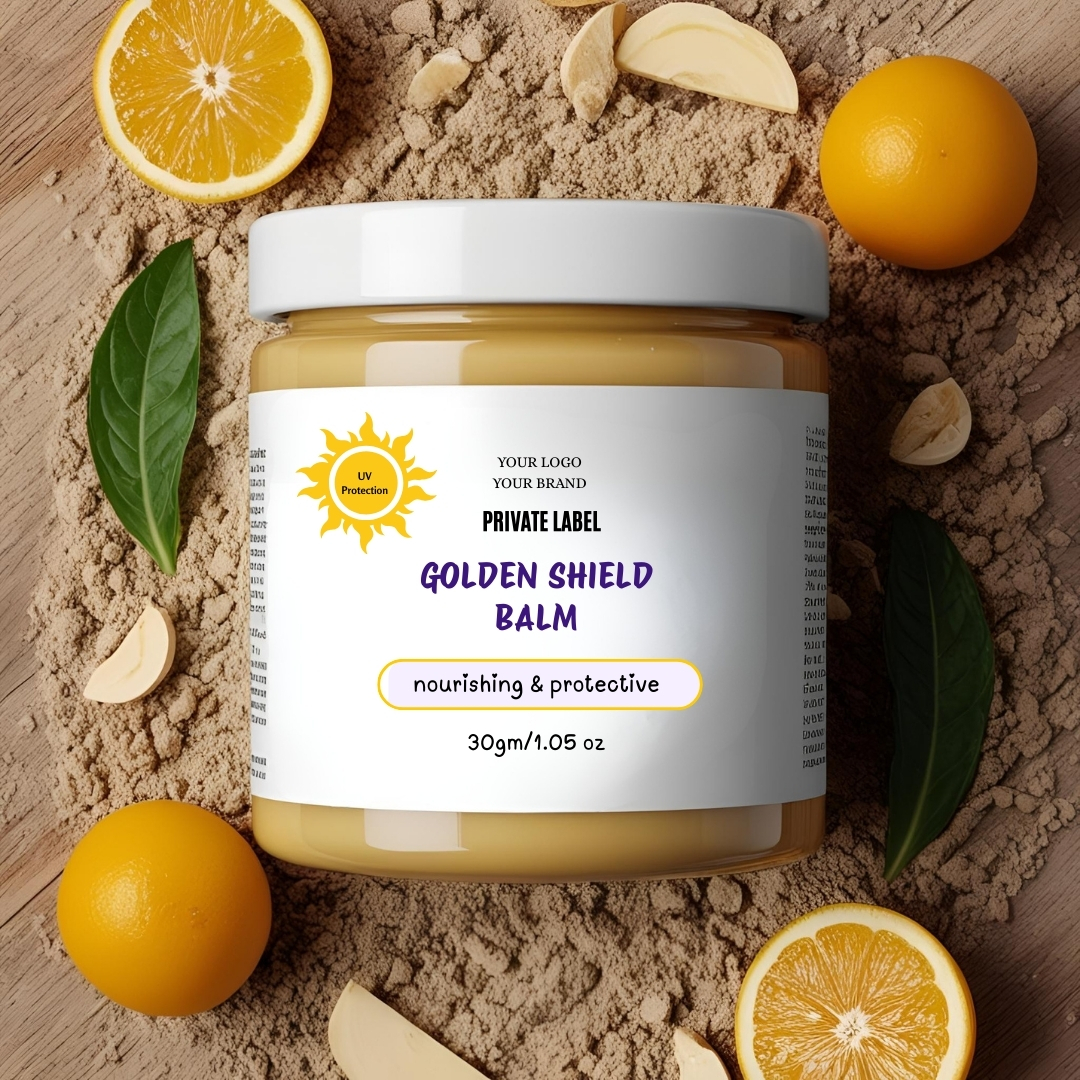
Benefits of Cold Pressed Oils in Sun Protection
cold-pressed oils provide various skincare benefits beyond sun protection. They are rich in vitamins, antioxidants, and essential fatty acids, which contribute to skin hydration, repair, and rejuvenation. Additionally, their emollient properties ensure a smooth application, forming a protective layer against environmental stressors.Their high nutrient density ensures they moisturize and repair the skin while offering a non-toxic SPF alternative for daily use.
Key Points:
- Provide hydration and nourishment.
- Form a natural protective barrier.
- Contain antioxidants that fight free radical damage.
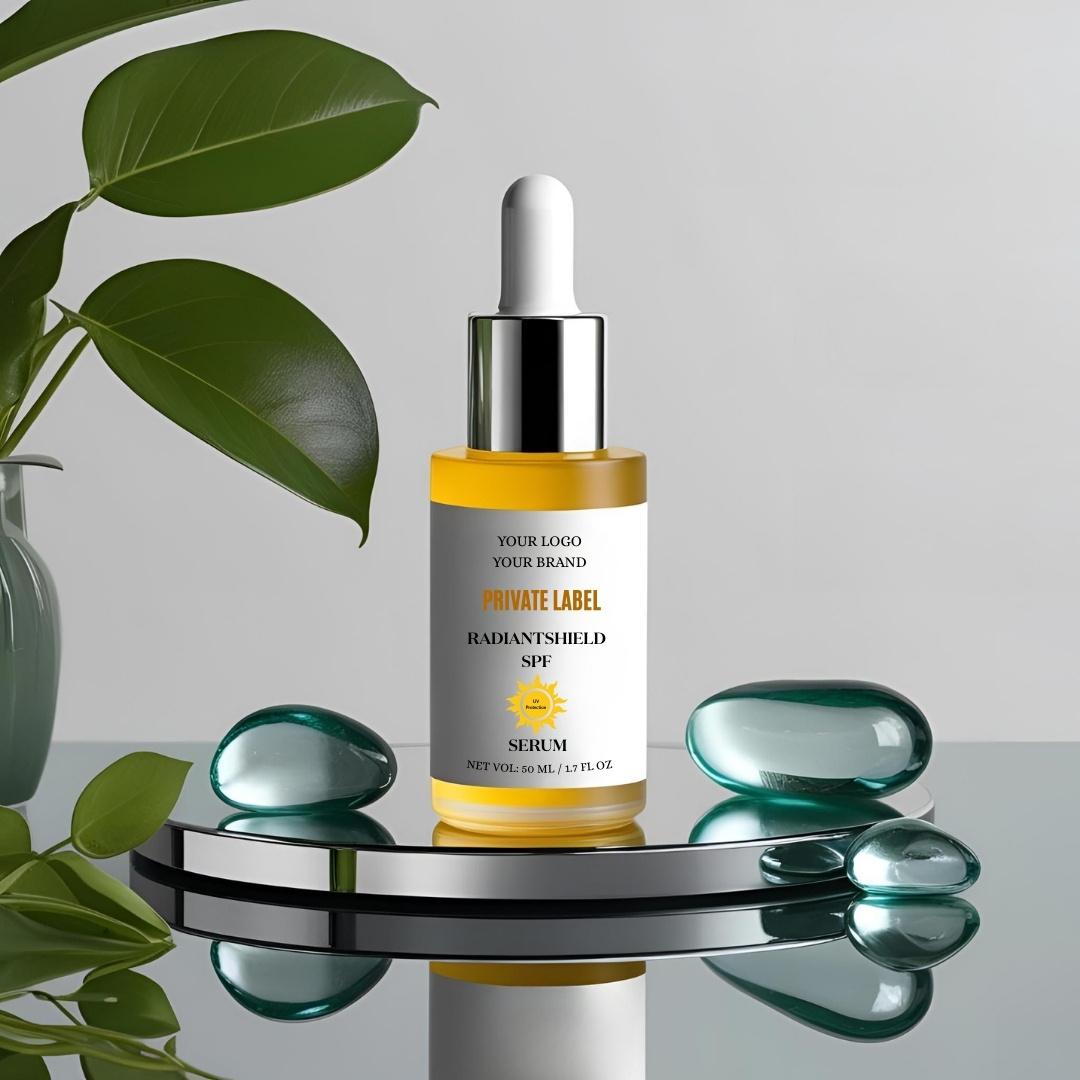
Volatile vs. Non-Volatile Oils
Natural oils are broadly classified into volatile and non-volatile oils. Volatile oils evaporate quickly and are primarily used for flavor, aromatherapy, other therapies and much more. Non-volatile oils, like almond, mustard, and sesame oil, are heavier and remain on the skin, providing long-lasting moisturization and protection. and also act as a carrier oil to essential oils because volatile oils need dilution in non-volatile oils before use on skin. In terms of SPF, non-volatile oils generally show higher values compared to volatile oils and non-volatile oils ideal for sun protection from plant oils.
Density, Volatility, and Nutrients Impact SPF in Oils
Density often influences the sun protection ability of oils by forming a thicker, more stable barrier on the skin, which helps reduce UV penetration. Being non-volatile, these oils stay on the skin longer without evaporating quickly. Additionally, compounds like Vitamin E and A help neutralize free radicals, offering extra protection against sun damage.
Key Points:
- Non-volatile oils offer prolonged skin protection.
- Volatile oils are used for aroma therapy and relaxation.
- Non-volatile oils generally have higher SPF values.
Comedogenic & Non-Comedogenic Oils
Comedogenic oils tend to clog pores, making them unsuitable for acne-prone skin, while non-comedogenic oils are lightweight and less likely to cause breakouts. Among the studied oils, almond oil has a moderate comedogenic rating, while sesame oil is relatively low, making it more suitable for all skin types. Mustard oil, though beneficial, may cause irritation for sensitive skin.
Key Points:
- Almond oil: Moderately comedogenic, suitable for dry skin.
- Mustard oil: May cause irritation on sensitive skin.
- Sesame oil: Low comedogenic, ideal for most skin types.
- Walnut Oil: May cause irritation on sensitive skin
- Jojoba, rosehip, cucumber: Provide hydration without clogging pores
- Hemp Seed & Watermelon: is a non-comedogenic oils don’t clog pores
In Vitro Determination Method & Result
The SPF values of the oils were determined using the spectrophotometric method by Mansur et al. Hydroalcoholic solutions of the oils were analyzed within the 290-320 nm range. Results showed that non-volatile oils, including almond, mustard, and sesame oil, jojoba, rosehip, watermelon, exhibited SPF values ranging from 2 to 5, providing mild sun protection.
- Almond Oil: SPF ~5
- Mustard Oil: SPF ~3
- Sesame Oil: SPF ~2
- Jojoba Oil: SPF ~2-4
- Rosehip Oil: SPF ~2-4
- Watermelon Seed Oil: SPF ~1-3
- Hemp Seed Oil: SPF ~3
- Cucumber Seed Oil: SPF ~2-3
- Walnut Oil: SPF ~2-4
Sun Protection Factor (SPF) is a critical measure of how well a sunscreen product protects against harmful ultraviolet (UV) radiation. However, determining the accuracy of SPF values is complex due to the different testing methods used. In this blog we explore the correlation between in vivo (human-based) and in vitro (lab-based) SPF testing and assess which method is more reliable for evaluating sunscreen efficacy. Read more about in vivo & in vitro tests, correlation, and accuracy here
Formulating Private Label Sunscreen & Skincare With Plant-Based SPF
With consumer demand growing for natural sunscreen alternatives, brands can now formulate private label skincare and sun protection products using natural oils with SPF.
These formulations appeal to clean beauty consumers looking for chemical-free SPF oils that align with health and sustainability values. Cold-pressed oils not only offer protection but also elevate the brand with nature-derived functional ingredients.
The SPF value indicates how much longer you can stay in the sun without burning compared to no protection.
For example, if your skin burns in 10 minutes without protection:
- SPF 5 → 10 min × 5 = 50 minutes of protection
- SPF 3 → 10 min × 3 = 30 minutes of protection
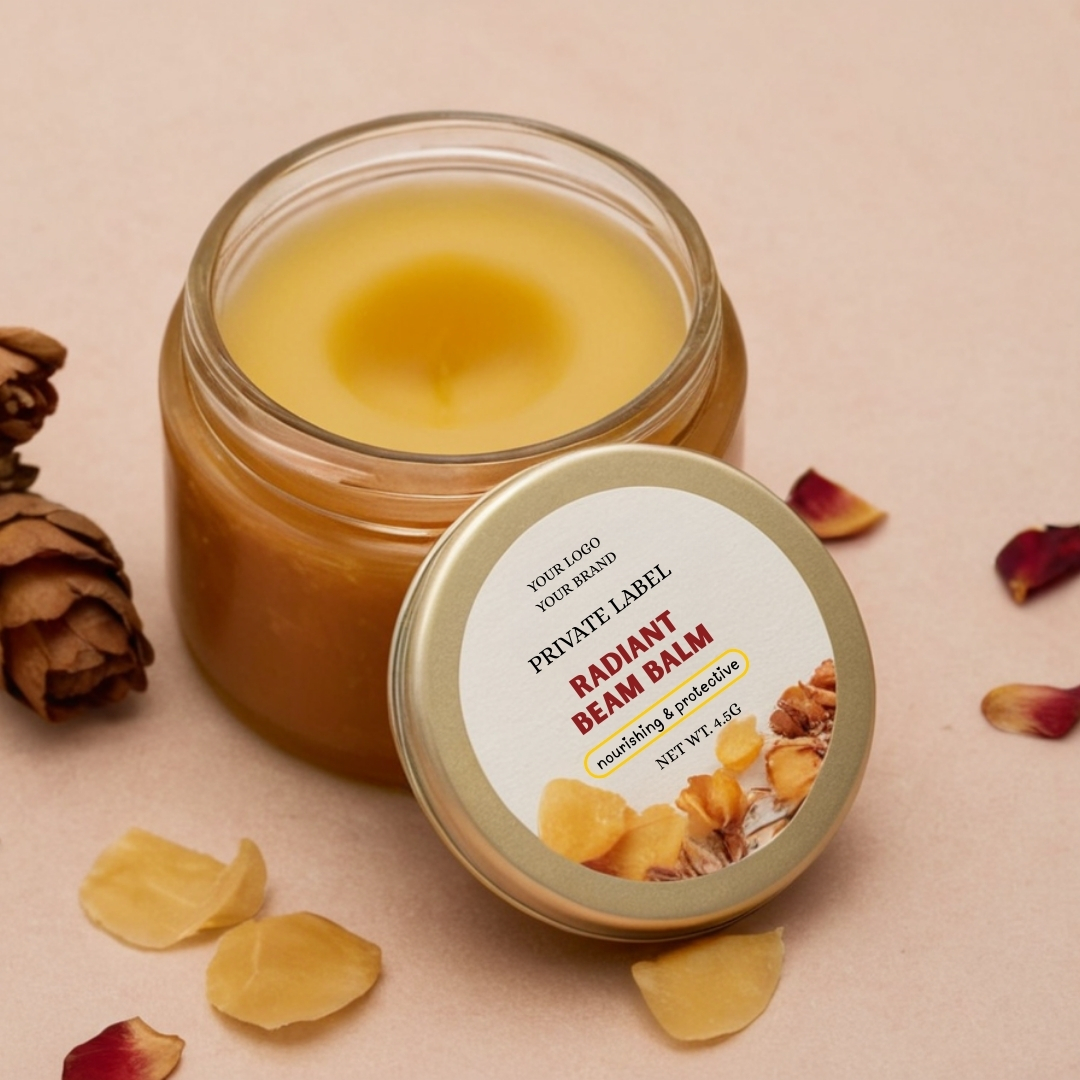
Steps Involved:
- Preparation of oil solutions in ethanol and distilled water.
- Measurement of absorbance values at 5 nm intervals.
- Application of Mansur’s mathematical formula to calculate SPF.
SPF Calculation Formula
The in vitro SPF is determined using the formula by Mansur et al.:
SPF = CF x Σ (EE (λ) x I (λ) x Abs (λ))
Where:
- CF = Correction factor (10)
- EE(\lambda) = Erythemal effect of radiation with wavelength λ
- I(\lambda) = Intensity of radiation at wavelength λ
- Abs(\lambda) = Absorbance of the sample at wavelength λ
Key Points:
- In vitro SPF is measured using UV spectrophotometry.
- Almond oil has an SPF around 5.
- Mustard oil, sesame oil, jojoba, rosehip, watermelon, hemp seed, cucumber, walnut have SPF values around 2 and 4, respectively.
Key Findings from the Study
The study concluded that cold-pressed oils offer mild sun protection, with olive and coconut oil showing the highest SPF values among non-volatile oils. While almond, mustard, rosehip, walnut and sesame oils provide moderate protection.
Key Points:
- Oils like almond, mustard, rosehip, walnut, hemp seed and sesame offer mild SPF protection.
- Ideal for daily use in natural skincare formulations.
- Best used alongside higher SPF sunscreens.
Applications & Usage Tip
Cold-pressed oils can be incorporated into various skincare products, including lotions, creams, and serums. They can also be used as standalone facial oils or body moisturizers for added sun protection. For optimal results, apply the oil 20 minutes before sun exposure and reapply as per its spf value.
cold-pressed oils can be effectively incorporated into your skincare routine for added UV protection. Here are some tips:
- As a Base Layer: Apply almond oil, jojoba, walnut, rosehip or sesame oil under your sunscreen for extra hydration and protection.
- Post-Sun Care: Soothe sun-exposed skin using sesame oil’s calming properties.
- For Daily Use: Apply a few drops of oil as a moisturizer, particularly in dry or cold climates.
Why Brands Worldwide Choose Aadhunik Ayurveda for Natural Skincare Manufacturing
Aadhunik Ayurveda is a leading private label sunscreen manufacturer in India, offering complete solutions for brands looking to launch natural sun protection oils, herbal skincare, and SPF formulations.
Why Choose Aadhunik Ayurveda:
- Expertise in in vitro SPF testing and formulation.
- Manufacturer of chemical-free, non-toxic SPF skincare.
- Custom solutions for cold-pressed oils with SPF.
- 100% transparency and traceability of raw materials.
- Certified facility for organic and clean beauty production.
Conclusion
While cold-pressed oils like almond, mustard, rosehip, jojoba, cucumber, walnut, hempseed, watermelon and sesame oil offer mild SPF protection, they serve as excellent complementary products in sun care routines. Their natural antioxidant and moisturizing properties contribute to overall skin health. By understanding their SPF values and benefits, consumers can make informed choices when formulating or using sun protection products. For higher sun protection, these oils are best paired with broad-spectrum sunscreens.
Key Points:
- Natural oils offer additional skin benefits.
- Mild sun protection makes them ideal for daily skincare.
- Combine with sunscreens for enhanced UV protection.
FAQs:
Which natural oils have SPF properties?
Oils such as almond, mustard, sesame, jojoba, and rosehip contain natural SPF properties. Their SPF ranges between 2 to 5 depending on their composition and method of application.
What is in vitro SPF testing?
It is a laboratory method to evaluate SPF using spectrophotometric analysis, which measures the UV absorption of a substance without testing on human skin.
Can I launch a private label sunscreen brand with natural oils?
Yes, many brands successfully launch private label sunscreens using natural sun protection oils in collaboration with manufacturers like Aadhunik Ayurveda.
How does Aadhunik Ayurveda ensure the efficacy of SPF in their formulations?
They use validated in vitro SPF testing methods, quality cold-pressed oils, and transparent formulation practices to ensure both performance and safety.
Are cold-pressed oils safe for sensitive skin in sun care products?
Most cold-pressed oils are gentle and beneficial, though patch testing is recommended for sensitive skin types. Oils like jojoba and sesame are typically well-tolerated.